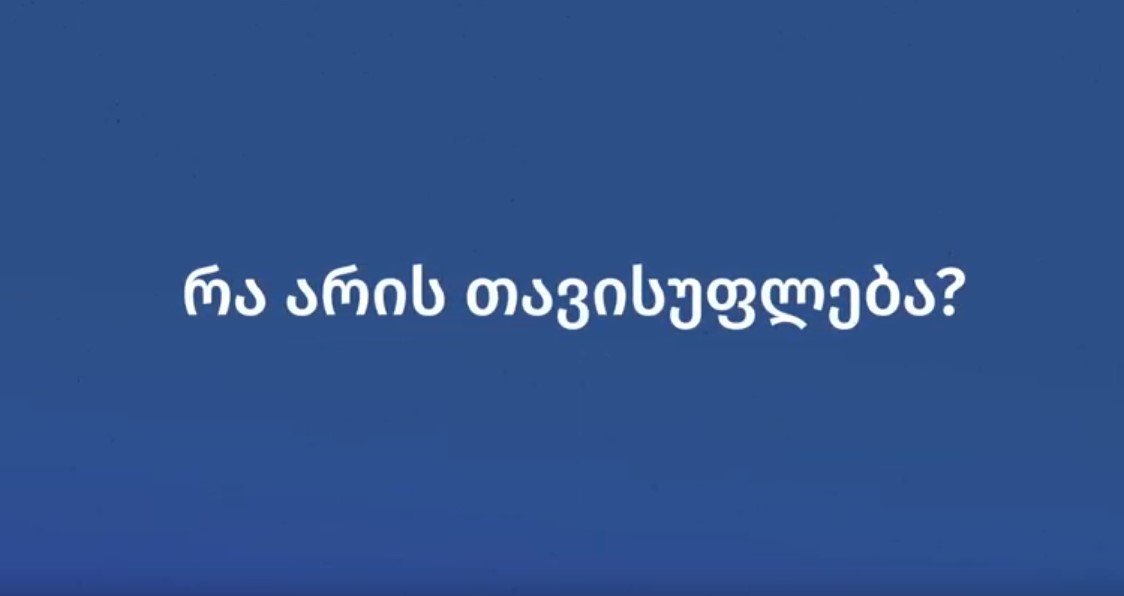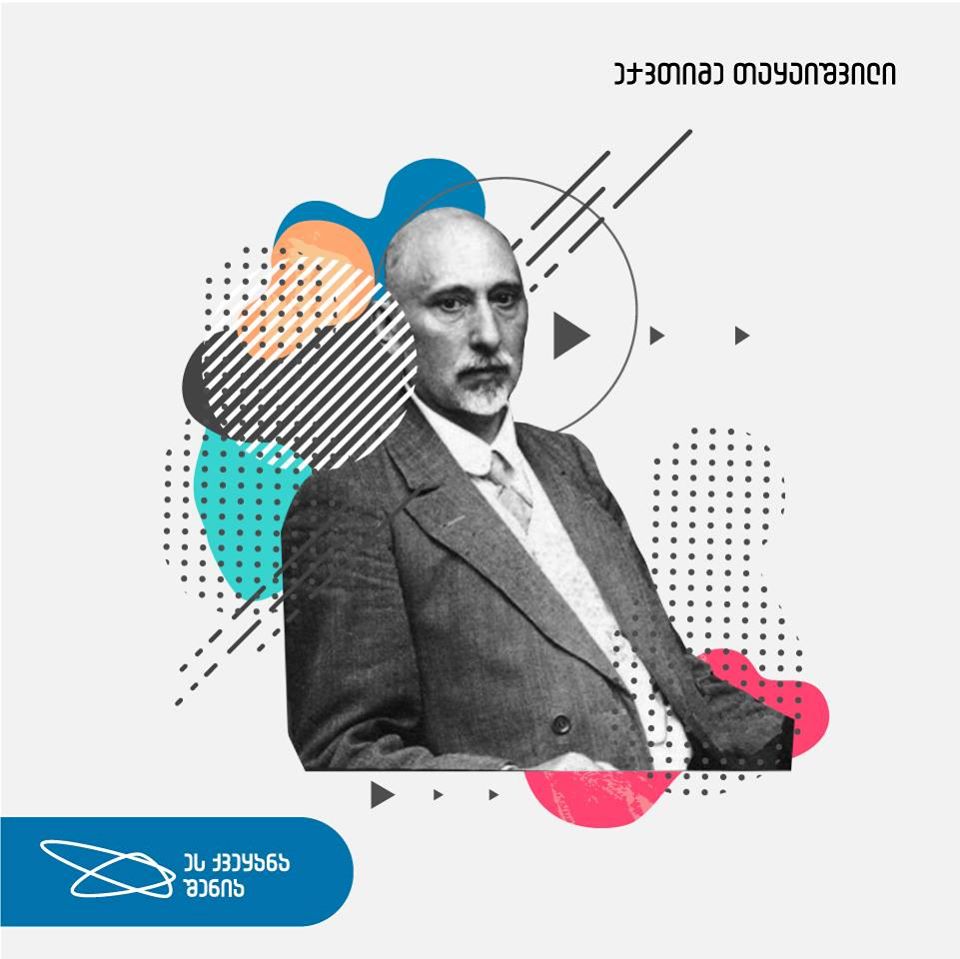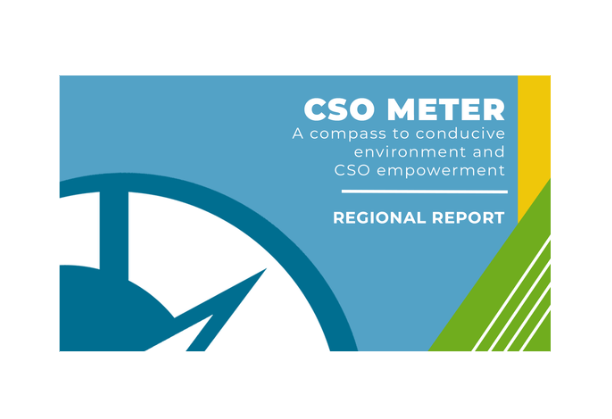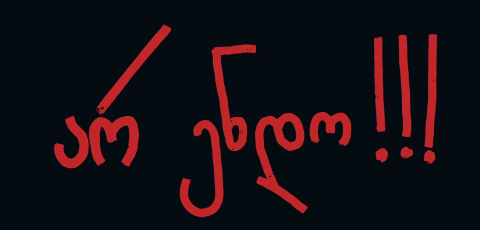Popular

17/08/2020

05/01/2020
The European Center for Non-Commercial Law (ECNL) has published the 2021 CSO Meter Eastern Partnership Regional Report. It assesses the living environment of civil society, human rights defenders, and activists.
According to the report, the living environment of civil society organizations working in the Eastern Partnership countries was significantly affected by war, emergencies, pandemics, and a difficult political environment. Accordingly, certain restrictions followed their operations both at the legislative and practical level. Despite everything, in some directions, positive changes are also observed, such as the improvement of the state funding processes in Armenia and Ukraine, taking steps towards cooperation between the government and CSOs in Moldova, a new strategy of civil society in Ukraine.
The report analyzes and assesses the operation of civil society in six countries (Armenia, Azerbaijan, Belarus, Georgia, Moldova, Ukraine) according to 11 key areas, such as freedom of association, participation in the decision-making process, access to funding, etc. The report covers the period from September 2020 to December 2021 and is based on each country's 2021 report published in May.
Compared to the previous reports, there are innovations in the 2021 report: The digital rights area has been added to the existing (10) legal standards and the scoring system has been created. 11 legal standards were assessed using a 7-point system (the lowest point is 1 — representing an extremely unfavorable, authoritarian environment; and 7 points — the most favorable environment).
Out of the 6 countries of the Eastern Partnership, the living environment (legislation and practice) of CSOs in Ukraine was evaluated with the highest score, which was caused by the following circumstances:
Existing, favorable conditions for freedom of association
There is a higher degree of equality between businesses and CSOs than in other EaP countries.
The better degree of participation, which enables CSOs to participate in the decision-making process;
There is a well-developed cooperation system between CSOs and the government.
The environment in Belarus was assessed with the lowest score, where freedom was restricted in many ways and civil society was heavily impacted by persecution, sanctions, forced liquidation of CSOs, etc.
Key trends
According to the CSO meter, five key trends were identified:
Emergencies (COVID-19 and conflict) have restricted civil liberties, which has had a lasting impact on the living environment of civil society.
The digitization process has developed faster than the corresponding protection mechanisms and digital rights.
CSOs are still under attack; the field is stigmatized; and they are often targets of surveillance.
Certain restrictions on access to funding and complex requirements for obtaining it
AML/CTF measures still continue to create some burdens for CSOs.
Key priorities
The report indicates the areas that need to be improved with the support of the European Union. It refers to both the legislative environment and practice.
Guarantee freedom of association and increase access to financing. Especially in Belarus and Azerbaijan, freedom of registration and operation of CSOs should be allowed without any interference. Restrictions on foreign and other funding mechanisms should be removed.
State support should be developed as an important source of sustainability for CSOs.
The state must protect CSOs from unjustified attacks and interference in their activities so that they can operate and implement their civil liberties. There is a need for a proper and effective investigation of attacks on CSOs and activists.
The state should ensure the participation of CSOs in the decision-making process, especially in times of crisis. The multilateral relationship between CSOs and the government is one of the most significant components of the development of the working environment for CSOs.
2021 CSO meter-regional report
Georgia's CSO meter-report for 2021
The CSO Meter 2021 regional report was produced with the financial support of the European Union by European Center for Non-Commercial Law (ECNL). Georgia’s country report was prepared by the Civil Society Institute in partnership with the Georgian Young Lawyers Association (GYLA) and the Institute for Development of Freedom of Information (IDFI).
Mariam Svimonishvili, the Georgian Young Lawyers’ Human Rights’ Program Director speaks about the freedom of expression and assembly which remain a problem in Georgia (GEO).
Do not get misled by fake news. Double-check before you believe it.
More (GEO)







